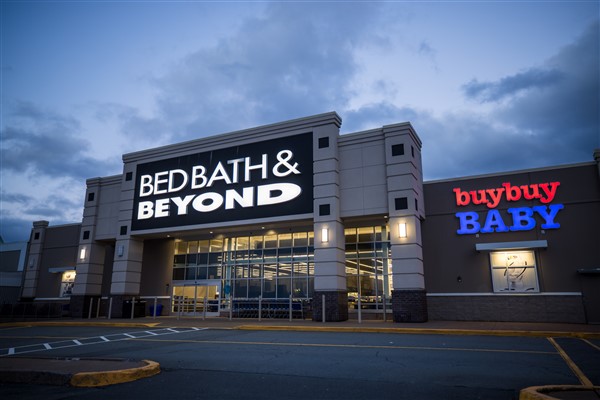Bed, Bath and Beyond Chapter 11 Filing – What can a Landlord do?
Bed Bath & Beyond is a household name in the retail industry, offering a wide variety of products for the home. Unfortunately, even a company such as that is not immune to economic pressures and the company has recently filed for Chapter 11 bankruptcy protection. Based on court filings this was largely due to the financial strain caused by the coronavirus pandemic but in some ways has been a long time coming as tastes have changed and some managerial decisions have not panned out as planned. The company filed for bankruptcy in the U.S. Bankruptcy Court for the District of New Jersey, and Judge Karen S. Owens has been assigned to the case.
Bed Bath & Beyond plans to reduce its debt load and close 200 stores permanently while keeping its remaining stores open. The company has secured $250 million in financing from a group of lenders to help fund operations during the bankruptcy process.
This bankruptcy filing has significant implications for landlords and investors who have Bed Bath & Beyond as a tenant. When a tenant files for bankruptcy, landlords must take steps to protect themselves and their properties. This includes filing a claim with the bankruptcy court and beginning the process of looking for a new tenant but there may be twists and turns along the way to resolution where your interests need to be represented.
Does it make sense for a landlord to assert their interest with such a big filing?
At Jennis Morse Etlinger, we have represented many landlords and tenants over the years. To give one example, during the pandemic, one of our clients was a commercial landlord in Clearwater, FL who was up against Kroger when its Lucky Stores investment was shuttered. In a Delaware Court, the case was moving (too) quickly to satisfy large creditors and large investors. We stepped in to make sure our client didn’t get trampled on. Our clients relied on a Kroger promise to invest $150 million in Lucky’s Market, but backed out at the last minute and filed to liquidate. The investors sought to recoup the money they lost due to Kroger’s breach of contract. We prevailed in a Delaware court for our client.
While the Bed, Bath and Beyond filing is a different affair, there are very much some similarities. These large and complex Chapter 11 cases never are as straightforward as the large Wall Street banks and law firms attest, but, there are definitely some measures in all cases that landlords should be cognizant of.
We recommend the following steps for landlords who are creditors in the case:
Before even talking with an attorney, gather all relevant documents (such as the lease, amendments, assignments and demand letters), communications and a payoff statement as of the petition date. That way, you can have an informed discussion with your team.
Next, clearly define your objective for the bankruptcy. Is it more important to be made whole monetarily? Or would you rather have the space back so you can pursue other tenants? Are there nonmonetary issues, such as repairs or improvements, that need to be factored in.
Finally, bankruptcy is a complicated matter which is compounded further by the fact that companies cannot represent themselves in a case. Therefore, it is imperative that you discuss the case as early as possible with attorneys who are familiar with the process. They can help advise as to the relevant matters, such as the assignment/assumption/rejection deadlines (and extending or shortening the same), stay relief, post petition payments, claims, plan treatment and more.
Some considerations
The closure of 200 stores could have a significant impact on the communities they serve, as these stores are often the largest employers in their areas. The effect of these closures could be felt for years to come, as the jobs and revenue they provided will no longer be available. Finally, landlords should also be aware of the potential impact of Bed Bath & Beyond’s bankruptcy filing on the home goods industry as a whole. The company plans to reorganize and become a more competitive player in the industry, potentially through someone acquiring the brand, which could lead to increased competition for other retailers. This could mean lower prices for consumers, but it could also mean lower profits for landlords and other retailers.
Call us if we can help in any way. We’re happy to give you our experienced expert advice as you’re considering whether or not to retain bankruptcy counsel.
Call (813) 229-2800 or email us..

